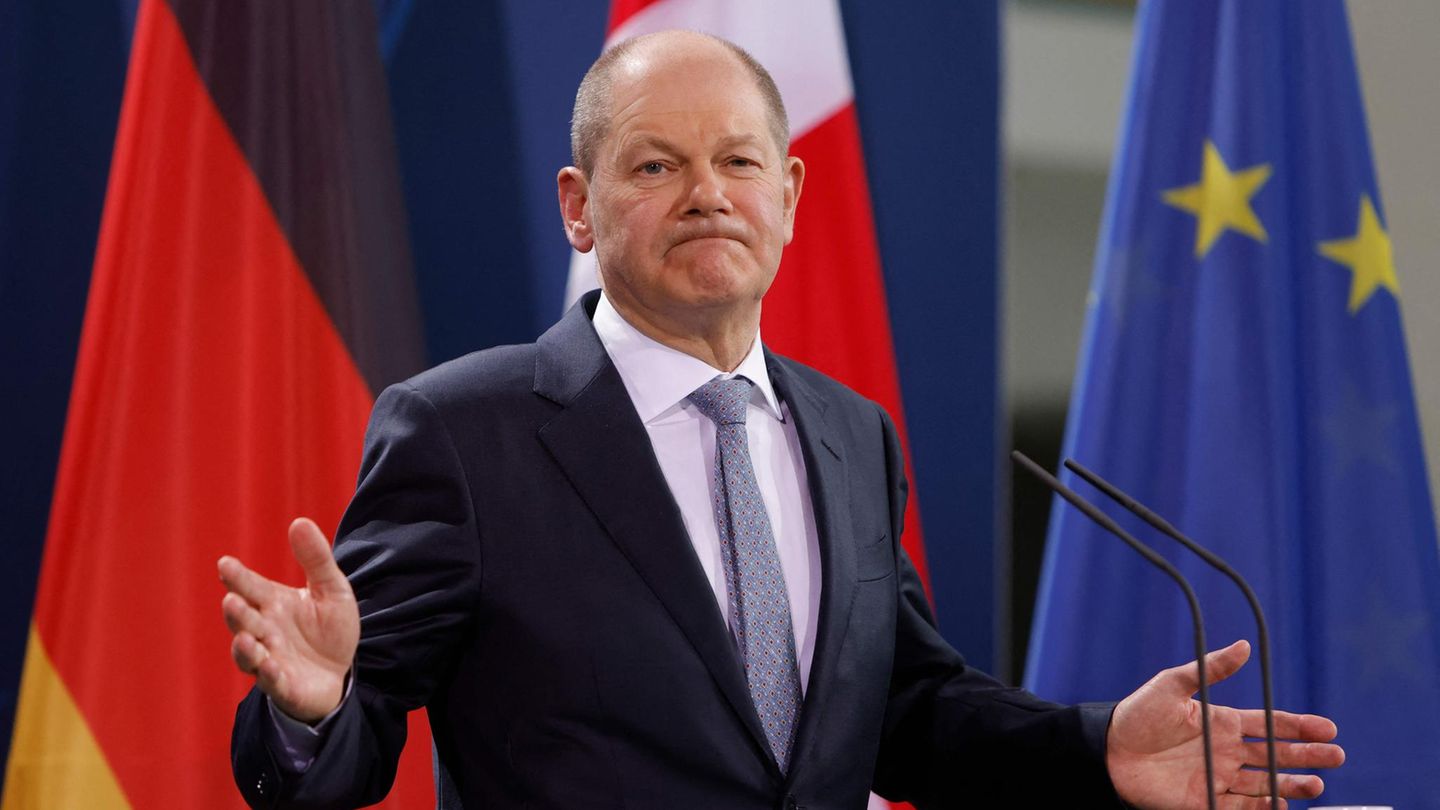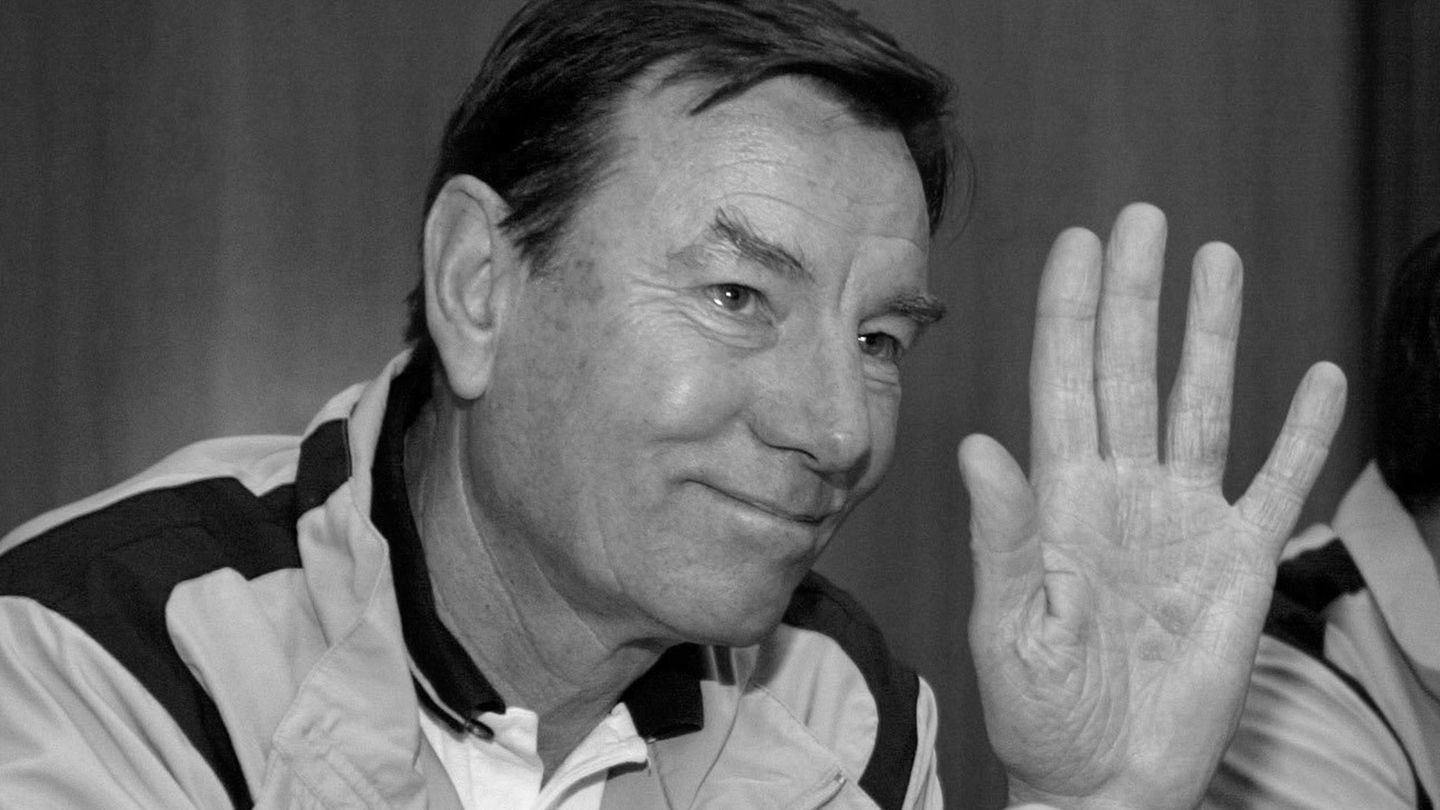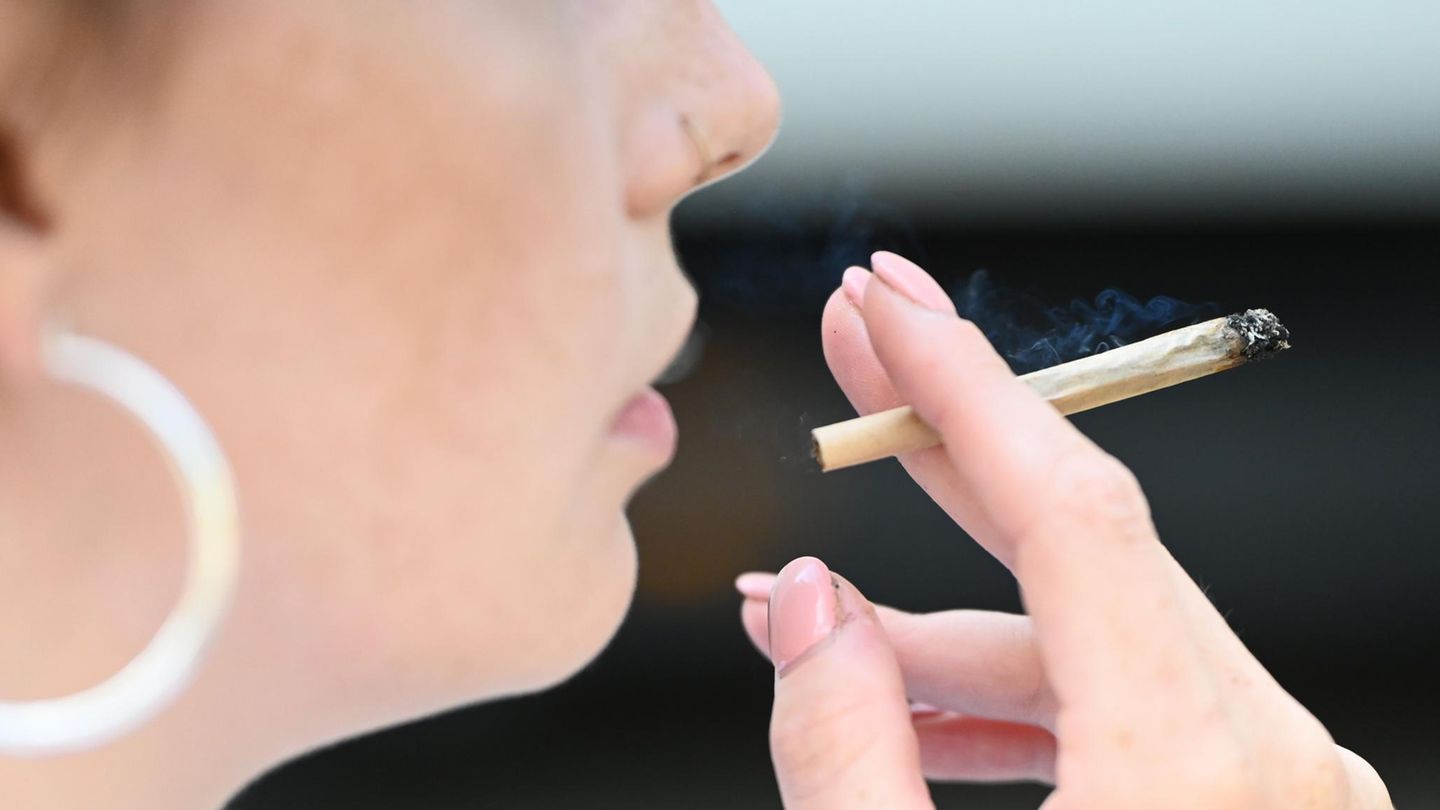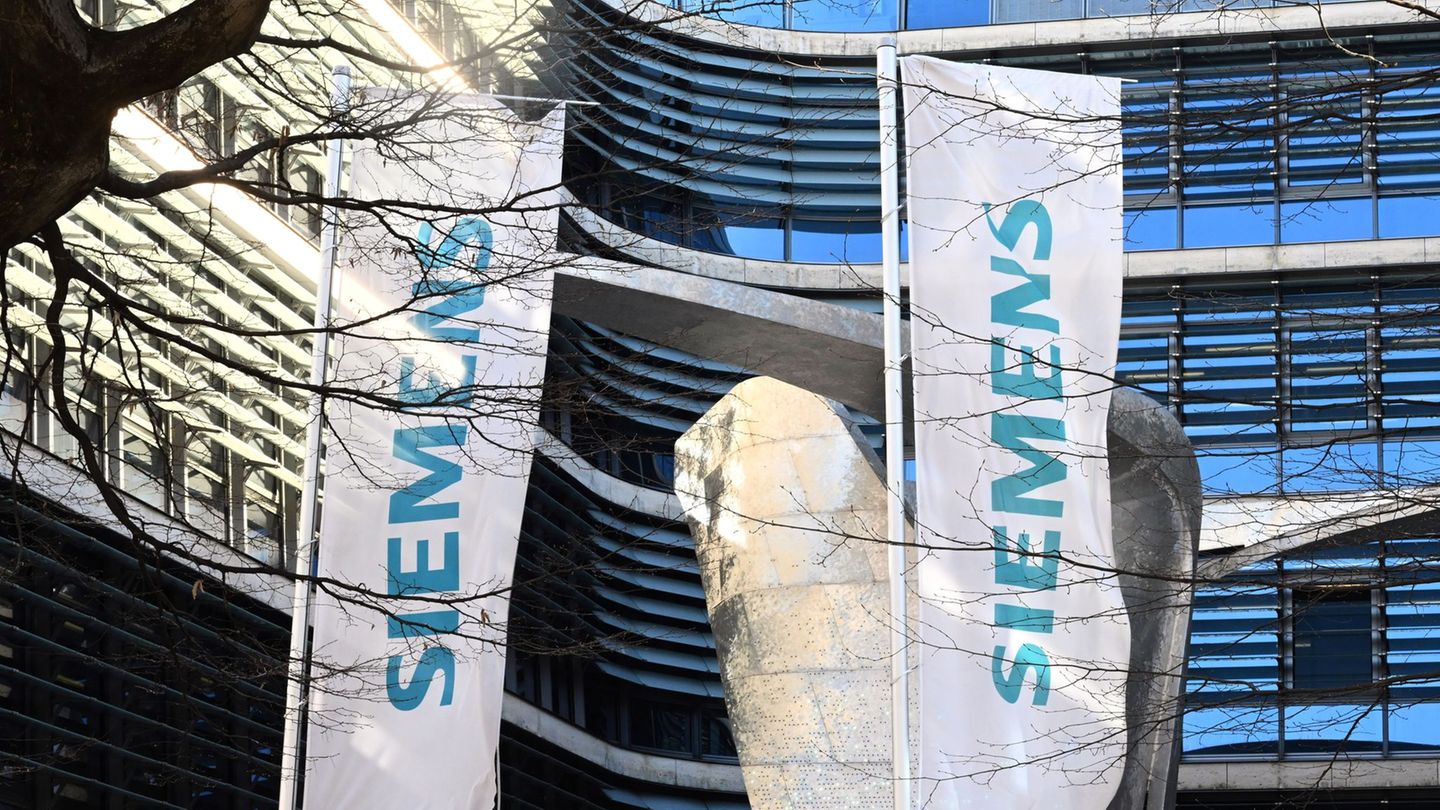The situation in the Ukraine crisis could hardly be more dramatic: the worst could happen in the coming days. In the midst of the tense situation, Chancellor Olaf Scholz traveled to Kiev and Moscow. Can he still save something?
In purely formal terms, there will be two more inaugural visits during which the new Federal Chancellor will introduce himself to two other capitals. What do you do when you are elected head of government of a country. In fact, Olaf Scholz’s two trips to Kiev and Moscow this Monday and Tuesday are invaluable and much more. It is about nothing less than the biggest and most difficult question that can be asked in international politics: war or peace?
The omens for the chancellor’s double visit to Presidents Volodymyr Zelenskyy and Vladimir Putin are extremely sinister. In the past few days, the crisis surrounding the Russian troop deployment on the border with Ukraine has escalated dramatically. On Friday, US President Joe Biden’s National Security Advisor, Jake Sullivan, openly warned that Russia could invade Ukraine before the end of the week. There is speculation about February 16th as a possible attack date. This is the day after Scholz’s visit to Moscow.
Troop deployments and declining interest in dialogue
Numerous Western countries are asking their citizens to leave Ukraine – including Germany. While Russia is holding major military maneuvers in Belarus, the US is adding 3,000 more troops to Poland.
At the same time, intensive diplomatic efforts to de-escalate the situation are not progressing. Nine-hour negotiations between Russia and Ukraine in Berlin mediated by Germany and France did not bring any tangible results on Thursday. The tone between Russia and the West is becoming sharper. The fact that Russia has canceled its participation in the Munich Security Conference next weekend for the first time in many years shows how low interest in dialogue has already sunk.
Itinerary as a double message
In this muddled situation, Scholz, who has been chancellor for just two months, embarks on what is by far his most difficult journey to date. Even the inaugural visit to the USA a week ago was only a light warm-up program in comparison. Scholz himself spoke of a “very, very serious threat to peace in Europe” on Sunday before his departure.
Even the Berlin-Kiev-Berlin-Moscow-Berlin travel route contains a double message: On the one hand, Germany is in the conflict together with its allies on the side of Ukraine. On the other hand, together with France, it is also a mediator in the so-called Normandy format, which was established to settle the conflict in eastern Ukraine. That’s probably why Scholz travels back to Berlin from time to time so that it doesn’t look like he’s coming to Moscow as an envoy from Kiev.
No weapons for Ukraine, but maybe more money
In Ukraine, Scholz will be confronted with demands for more support. “We are prepared for the worst in Ukraine, the world must help us now,” Kiev Mayor Vitali Klitschko told “Bild am Sonntag” before the trip. In early February, the Ukrainian embassy in Berlin sent the Federal Foreign Office a list of weapons it would like to have for defense against Russia, including air defense systems and special weapons to combat drones.
Scholz will stick to his clear no to the delivery of lethal weapons. However, something could go below this threshold – beyond the 5,000 protective helmets that have already been promised. Mine clearance equipment, protective suits, digital radios and night vision devices are also on the Ukrainian wish list. There is “one or the other … that you can take a closer look at,” government circles said on Sunday.
Scholz may also offer Ukraine further economic aid. There could be a concrete commitment as early as Monday. “Ukraine can be sure that we will show the necessary solidarity, just like in the past,” emphasized Scholz on Sunday.
Kremlin calls war warnings “hysteria”
The chancellor then faces the real acid test on Tuesday in Moscow. He is not the first guest from the EU and NATO in the Kremlin since the beginning of the crisis. A few days ago, Putin spent six hours conferring with French President Emmanuel Macron, and he spent a good five hours with Hungarian Prime Minister Viktor Orban. After a further escalation of the crisis, Scholz, the newcomer from Berlin, is now coming.
At the weekend, the Kremlin dismissed all war warnings as “hysteria”. Scholz is likely to hear from Putin that the deployment of 125,000 Russian soldiers along the Ukrainian border criticized by the West or the major maneuvers in Belarus are not provocations. From Moscow’s point of view, the military muscle flexing should rather underpin the demands for legally binding security guarantees, which include a renunciation of Ukraine’s NATO membership. But they are still seen as a foretaste of what will happen if diplomacy fails and the West continues to “trample” on Russia’s interests, as Russian Foreign Minister Sergey Lavrov has put it.
Scholz will stick to his dual strategy in Moscow: a clear threat with consequences in the event of a Russian invasion of Ukraine, but at the same time an outstretched hand for talks about de-escalation. “It is not a situation in which we would say that now is the time for resignation, on the contrary,” said the Chancellor. Precisely because the situation is so “extremely dangerous”, Scholz now considers talks to be important.
The long shadow of Schröder
The chances of success will also depend to a certain extent on how the reserved, almost shy-looking Scholz gets along personally with the daredevil Putin. The two have only met a few times: in 2008 during a speech by Putin in the Bundestag, then at the G20 summits in Hamburg, Buenos Aires and Osaka in the years 2017 to 2019, when Scholz was still Hamburg’s mayor and finance minister. On Tuesday it will be seen how Scholz will now face the Russian President, who speaks good German, as a boss on an equal footing. There has never been a one-on-one conversation between the two. So it’s a real get-to-know-you meeting.
The fact that the last social democratic chancellor before him developed a close friendship with Putin is certainly not an advantage for Scholz. On the contrary: Gerhard Schröder got the chancellor into trouble with his recent statements about Ukrainian “saber rattling” and forced him to put his foot down: “If I understand the constitution of the Federal Republic of Germany correctly, there is only one chancellor, and that’s me.”
Putin must have followed the debate with interest. It is perhaps no coincidence that Schröder was offered another post in the Russian energy industry just a few days ago, precisely in the current crisis situation – as chairman of the supervisory board at Gazprom.
Source: Stern
David William is a talented author who has made a name for himself in the world of writing. He is a professional author who writes on a wide range of topics, from general interest to opinion news. David is currently working as a writer at 24 hours worlds where he brings his unique perspective and in-depth research to his articles, making them both informative and engaging.




